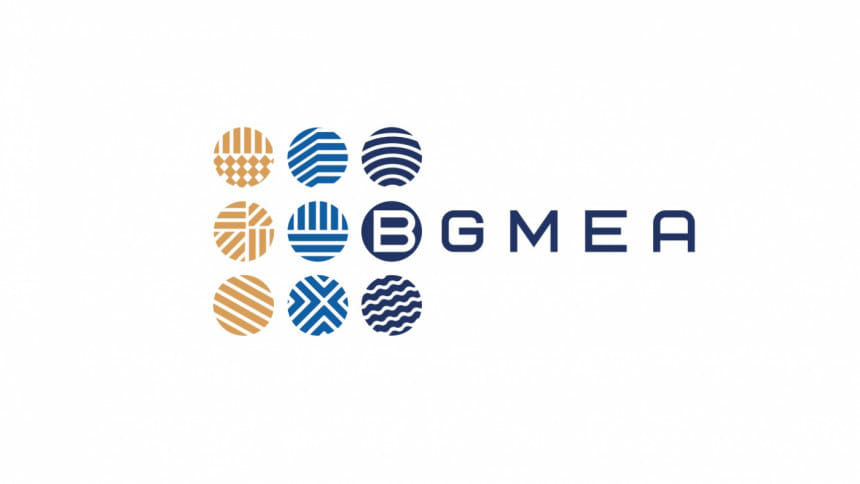BGMEA's claim refuted by unions, economist

The Bangladesh Garment Manufacturers and Exporters Association (BGMEA) has said the take-home salary of a worker will be higher than the new minimum wage if other allowances are considered, a claim that was refuted by two union leaders and an economist.
The Minimum Wage Board has set the monthly pay at Tk 12,500, up 56 percent from the Tk 8,000 set in 2018.
In a clarification yesterday, the BGMEA said an unskilled worker who joins a factory in the grade 5 on December 1 will be entitled to Tk 12,500 in gross monthly minimum wage.
However, if he or she works for an extended period, they will get Tk 64.42 per overtime hour for up to four hours.
At the same hourly rate, the overtime benefit will be Tk 3,350 a month if the total additional time worked stands at 52 hours. It will be Tk 5,025 for 78 hours of additional work and Tk 6,700 for 104 hours of extra work.
Plus, workers are entitled to two festival bonuses per year, each equivalent to a basic wage of Tk 6,700. Additionally, an allowance of Tk 500 is given on average as the attendance bonus per month.
Workers, said the BGMEA, are allowed to encash 50 percent of their annual earned leave legally though factories usually allow encashment of the entire leave days earned, said the clarification.
Workers are entitled to one day's leave for every 18 days worked.
Therefore, the actual net amount of take-home salary will be Tk 17,744 per month for the fifth-grade worker if he or she works two more hours after the usual shift, the clarification said.
It will be Tk 19,419 in the case of a three-hour overtime and Tk 21,094 in the case of a four-hour overtime.
Nazma Akter, president of the Sammilito Garment Sramik Federation, said there is no relationship between overtime and other allowances and the minimum wage.
"This is because if there is no overtime, workers will draw only the salary. Moreover, the overtime allowance is not free. They are getting it by toiling additional hours."
Amirul Haque Amin, president of the IndustriALL Bangladesh Council, also echoed the views of Akter.
The BGMEA's statement is illogical since workers' payment is made on the basis of their performance, the attendance bonus, and the overtime allowance, he said.
Khondaker Golam Moazzem, research director of the Centre for Policy Dialogue, said the BGMEA has given clarification taking consideration of inflation only.
As per the labour law, the minimum wage is fixed taking 10 factors into account. Inflation is one them, he said.
Citing the labour law of 2006, he said other factors include the standard of living, the cost of production, the productivity of factories, the price of products, business capability, and the economic and social conditions of the country.
"It will be good if the BGMEA issues clarification considering all factors. If they do so, they will find that there is further scope to revise the minimum wage upward."
According to the economist, the clarification issued by the apex chamber of garment makers and exporters does not match the estimate of trade unions.
Besides, Moazzem said, the minimum wage is determined based on an 8-hour workday, not on the basis of overtime.
"The BGMEA says a worker will be required to work for 12 hours a day to earn Tk 21,000 a month. This is inhumane."

 For all latest news, follow The Daily Star's Google News channel.
For all latest news, follow The Daily Star's Google News channel. 







Comments